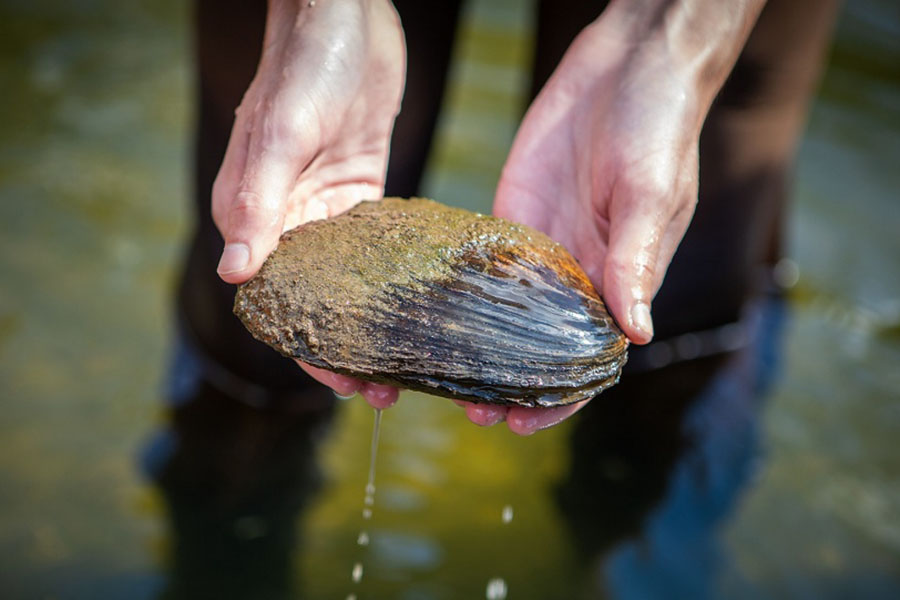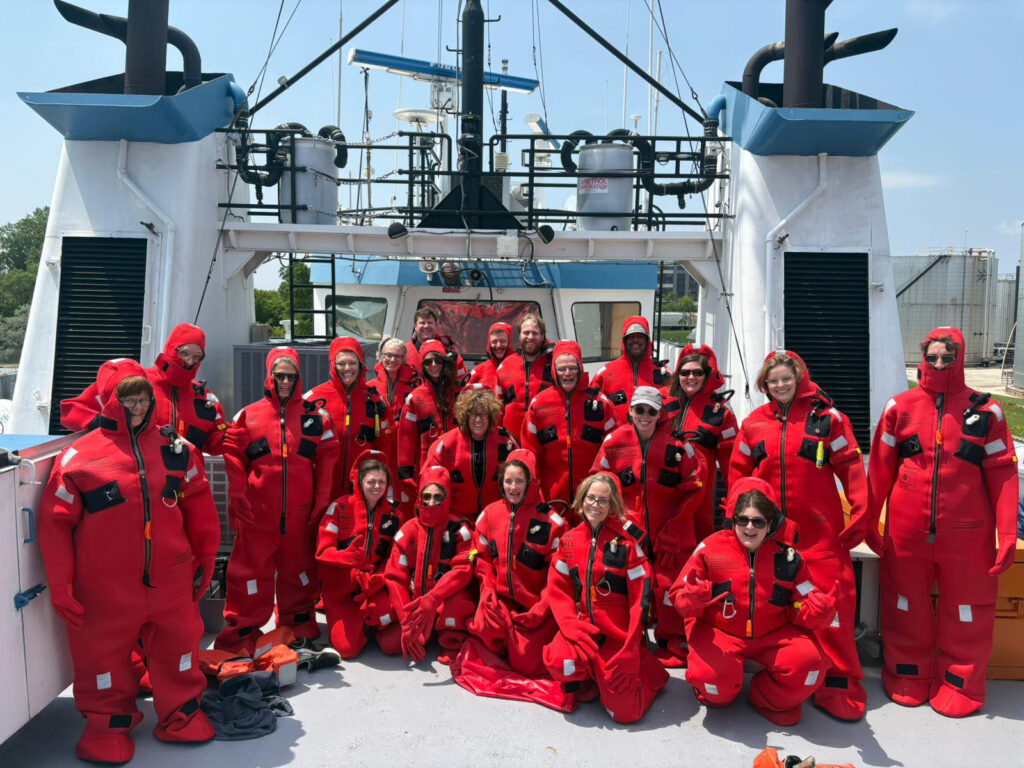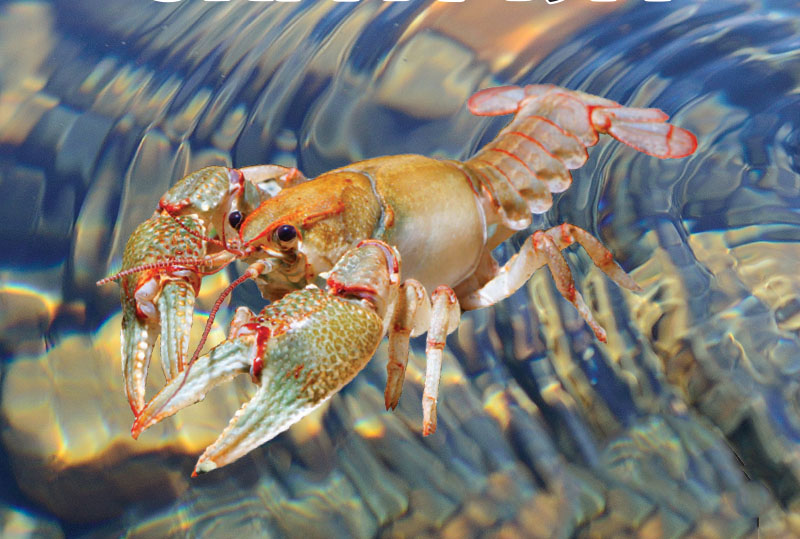Teaching Great Lakes Literacy (TGLL) connects math, science, and other educators with scientists to create and pilot lessons centered around Great Lakes-focused topics and current research. TGLL accepts middle and high school math, science, and other educators to be part of each year’s cohort.
Educator Applications – open Fall (August/September)
Educators selected to participate receive $2,000 in stipend support for this project, including:
- $1000 stipend support for student engagement in piloting lessons and learning with students (delivered after the in-person workshop)
- $1000 personal stipend for each educator to support planning and development of lessons (delivered upon completion of the units)
In addition to the stipends, workshop expenses – such as travel and overnight accommodations – are covered for program participants.


TGLL Program Overview and Expectations
TGLL is a 10-month program and process selecting educators to work with Great Lakes scientists and experts to co-design and pilot data-driven lessons exploring Great Lakes topics and/or issues. Each year, educators selected to participate in this program ‘kick-off’ their nearly year-long TGLL experience with an orientation webinar in October and a two-day, in-person workshop in November. During this workshop, educators are paired in teams with Great Lakes scientists and experts, and these teams work together to co-design and implement a Great Lakes-themed unit that integrates math, science, and additional concepts.
Michigan Sea Grant and the Center for Great Lakes Literacy team facilitates monthly online check-ins throughout the winter and spring to support project teams and their lesson(s) development process. Educators pilot their activities/lessons with their students, complete and submit a unit write-up, and share their resulting work during a Capstone event held virtually the following Fall of that year.
TGLL is supported by Michigan Sea Grant, Michigan State University Extension, CGLL, Great Lakes Fishery Trust, and the Great Lakes Restoration Initiative. Teaching Great Lakes Literacy is modeled after the successful Oregon Marine Scientist and Educator Alliance (ORSEA). See similar examples of marine ocean-themed lessons on the ORSEA website.



